Search
Search Results
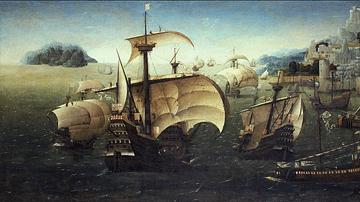
Article
The Spice Trade & the Age of Exploration
One of the major motivating factors in the European Age of Exploration was the search for direct access to the highly lucrative Eastern spice trade. In the 15th century, spices came to Europe via the Middle East land and sea routes, and spices...
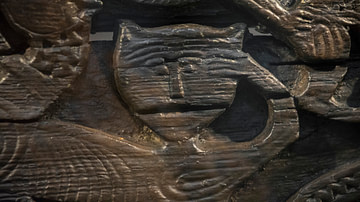
Article
Norse Pets in the Viking Age
Pets were as important to the Norse of the Viking Age (c. 790-1100 CE) as they were to any other culture, past or present. The Vikings kept dogs and cats as pets and both feature in Norse religious iconography and literature. The Norse also...
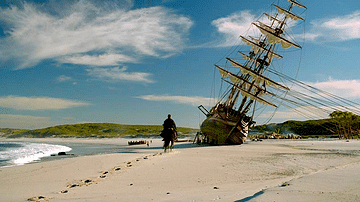
Article
Pirate Havens in the Golden Age of Piracy
The buccaneers who roamed the Spanish Main and the pirates who plundered the Caribbean and the Indian Ocean during the Golden Age of Piracy (1690-1730) needed a place of refuge where they could share out and enjoy their loot. Pirate havens...

Article
Treasure & Booty in the Golden Age of Piracy
During the Golden Age of Piracy (1690-1730), pirates were first and foremost after gold, silver, and jewels, but if these could not be grabbed, then a ship’s cargo would be taken for resale at a pirate haven. Shared amongst the crew, the...
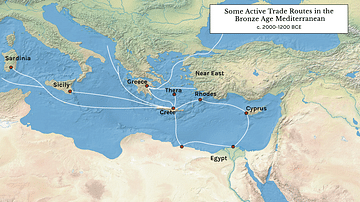
Article
The Minoans & Mycenaeans: Comparison of Two Bronze Age Civilisations
The Bronze Age Aegean in the eastern Mediterranean encompassed several powerful entities: the Minoans on Crete; the Mycenaeans on mainland Greece, and the Cypriots on Cyprus. These cultures are often examined separately, and thus the ample...
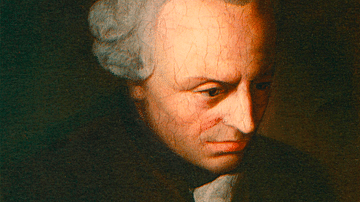
Definition
Immanuel Kant
Immanuel Kant (1724-1804) was a German Enlightenment thinker who is widely regarded as one of the most important philosophers of any period. His most famous works of critical philosophy include The Critique of Pure Reason, which challenged...
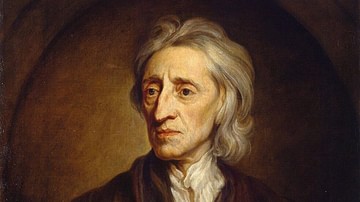
Definition
John Locke
John Locke (1632-1704) was an English philosopher responsible for laying the foundation of the European Enlightenment. Locke believed that each branch of government should have separate powers, that liberty must be protected from state interference...
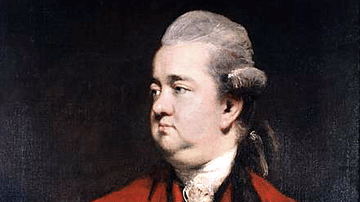
Definition
Edward Gibbon
Edward Gibbon (1737-1794) was an English historian most famous for his influential work The History of the Decline and Fall of the Roman Empire, volume one of which was published in 1776, with the final sixth volume coming in 1788. Gibbon's...
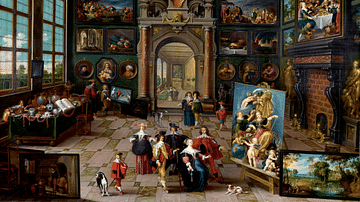
Article
Baroque, Age of Contrasts - Exhibition Interview Schweizerisches Landesmuseum
The Baroque era, which lasted from roughly 1580 and 1780, was a time of enormous contrasts: Opulence and innovation, on the one hand; death and crises, on the other. Ongoing religious wars and the opening of global trade networks led to mass...
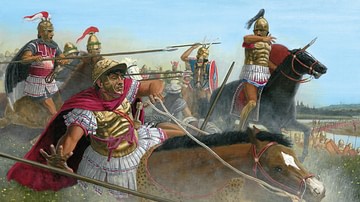
Article
Roman Warfare in the Age of Pyrrhus
The Roman army fought many conflicts throughout its long history, though perhaps none so indelible as the Pyrrhic War from 280 to 275 BCE. This war between Rome and a league of Greek colonies in southern Italy led by the city of Tarentum...